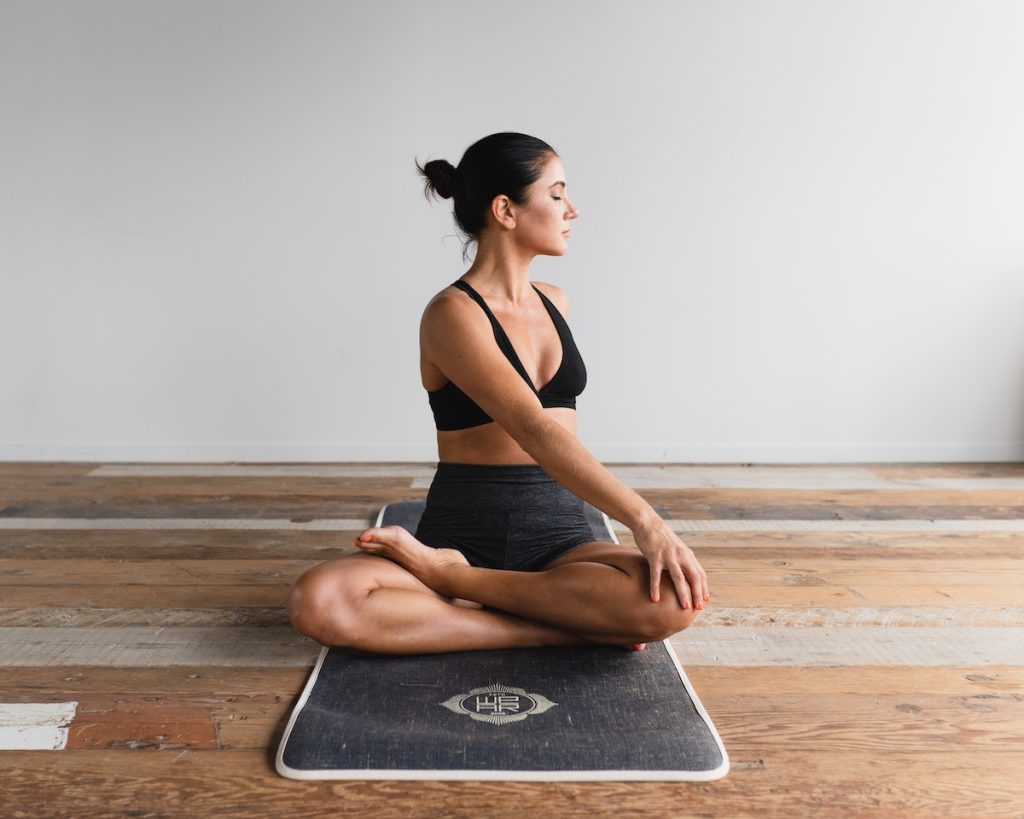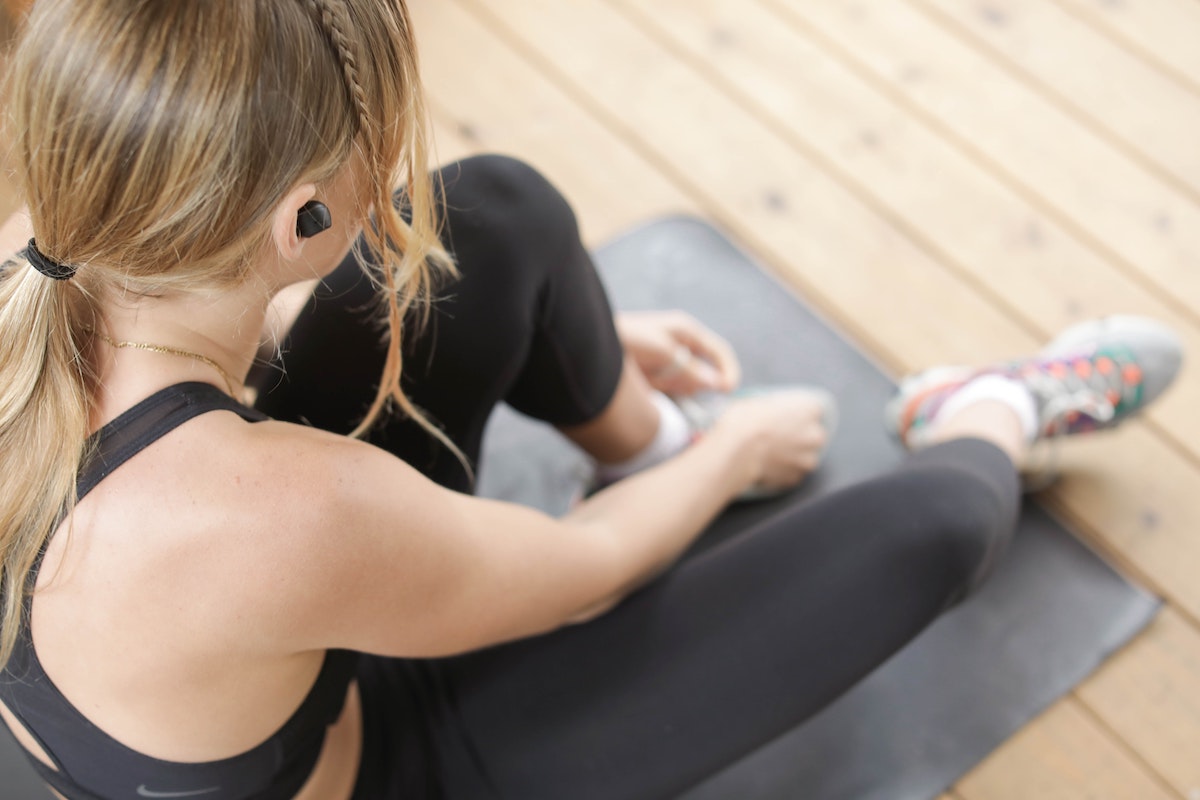As a result of long-term restrictions, many of us must work from home, creating mental health problems. Remote work can be stressful in several ways, and it can negatively affect one’s physical and mental well-being.
How Does it Impact Mental Health?
In times of stress or anxiety, workers can feel they have nowhere to turn when there is an abrupt loss of physical connection. When you are not in good health, it’s more challenging to build a strong support network.
Working from home can also increase workloads, as one of the challenges is adapting to said workload. Those without home offices have no way to disconnect between work and home life. As a result, they tend to work longer hours.
Why is it Important to Look Out for Mental Health?
We can attain good mental health by maintaining a state of mental fitness. It allows us to enjoy our lives, surroundings and the people around us. It’s essential for living a balanced, healthy life.
Just like our psychological and emotional health, our mental health is also affected by our social situations. It affects our decision-making abilities and allows us to be creative, learn, take risks and take on new challenges. With a positive attitude, we can deal better with difficult situations in our personal and professional realms.
How Do You Improve and Look After Mental Health?

The easiest and proven method is exercising. Yes, being at home and spending most of our time on couches can make us lazy, but home workouts are as effective as going to a gym.
Besides keeping your heart healthy and reducing joint and bone pain, physical activity is also beneficial to your mental health.
Exercise at home offers greater flexibility and can be more efficient than exercising in a gym. The key to maximizing your effort is to use your time and equipment properly. Your lifestyle and fitness goals should guide your choices.
Exercise improves mental health by reducing anxiety, depression and negative moods while enhancing self-esteem and cognitive abilities. Exercise can also help alleviate social withdrawal and self-esteem issues. According to this dentist in Gloucester, many of his clients feel a large boost of confidence after their teeth have been fixed. Similarly, changing your physical appearance through excercise can do wonders for your mental health and body image.
It can be achieved with 30 minutes of moderate-intensity exercise three times per week, such as brisk walking. The walks do not need to be continuous; three 10-minute walks are equally helpful. Regardless of where you live, you can always find a great treadmill for apartments.
Not many are fans of walking and would like to perform easy exercises in their bedrooms or living rooms.
The Important Aspects of Working Out:
- Make sure there is enough space for you to exercise. It could be anywhere; at the very least, it should be able to fit a mat and allow you to stretch in all directions.
- Make a workout schedule. Keep yourself accountable by setting reminders or alarms on your phone. Team up with your family or friends if you’re struggling with motivation. You can also stay motivated to exercise with fitness tracking apps and workout videos.
- Exercise in a variety of ways, including jumping rope and dancing to your favorite songs. You can also jog or walk outside or do aerobics. Any exercise that increases your heart rate is a good workout.
- Make use of your body weight. When performed correctly, bodyweight exercises are as effective as weightlifting when it comes to building muscle. Your workouts will be more effective if you modify them over time and increase the intensity or duration.
You can use kettlebells and resistance bands for greater intensity in your workouts. You can use them in the following exercises:
- Lunges (kettlebell)
- Squats (kettlebell)
- Pull-ups (bands)
- Split lunge jumps (kettlebell)
- Shoulder press (kettlebell)
- Bicep curls (bands)
- Tricep extension (bands)
You’re not limited to these exercises; try different combinations. The home workout will help you attain a better night’s sleep, improved endurance, and relief from stress. All of this contributes to a better mental health.
Apart from exercising, work breaks are the key to preventing remote work burnout. It may seem counterintuitive to slow down to speed up, but taking breaks increases mental wellness, reduces burnout risks and makes you more productive. Taking regular breaks from your workload helps you stay motivated while improving productivity.




